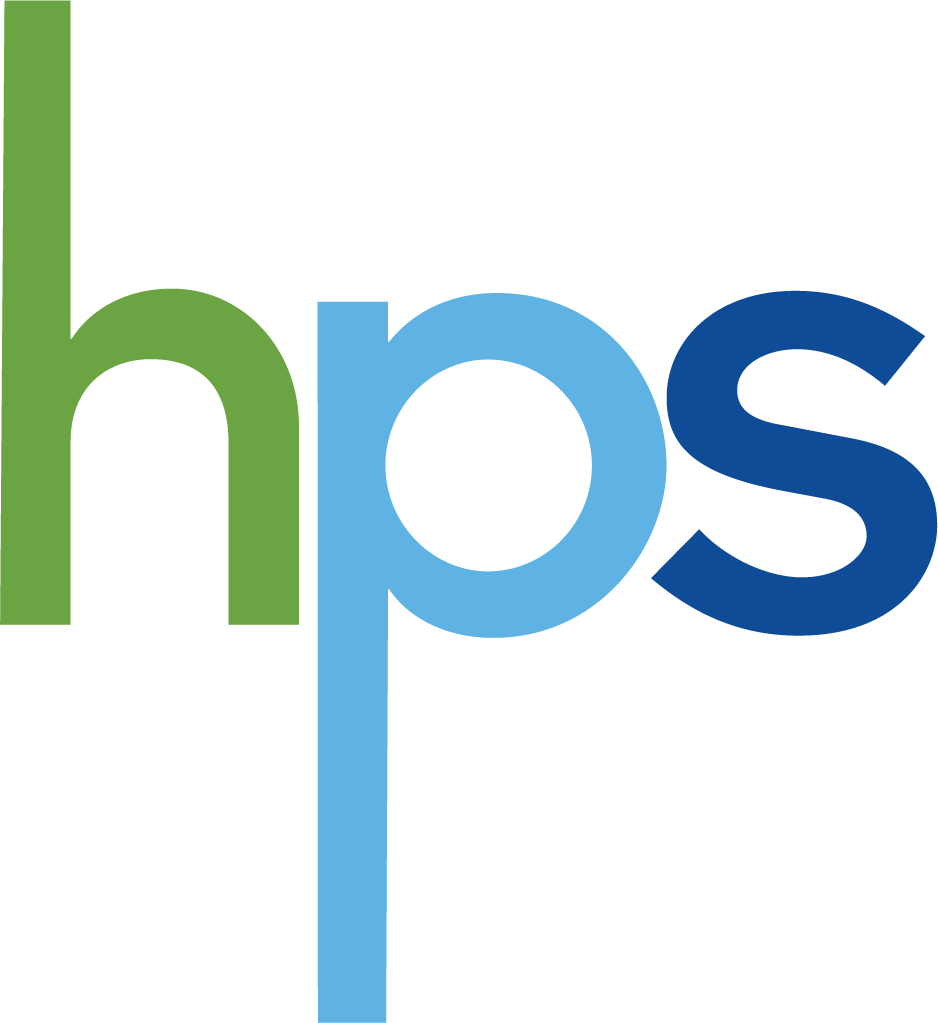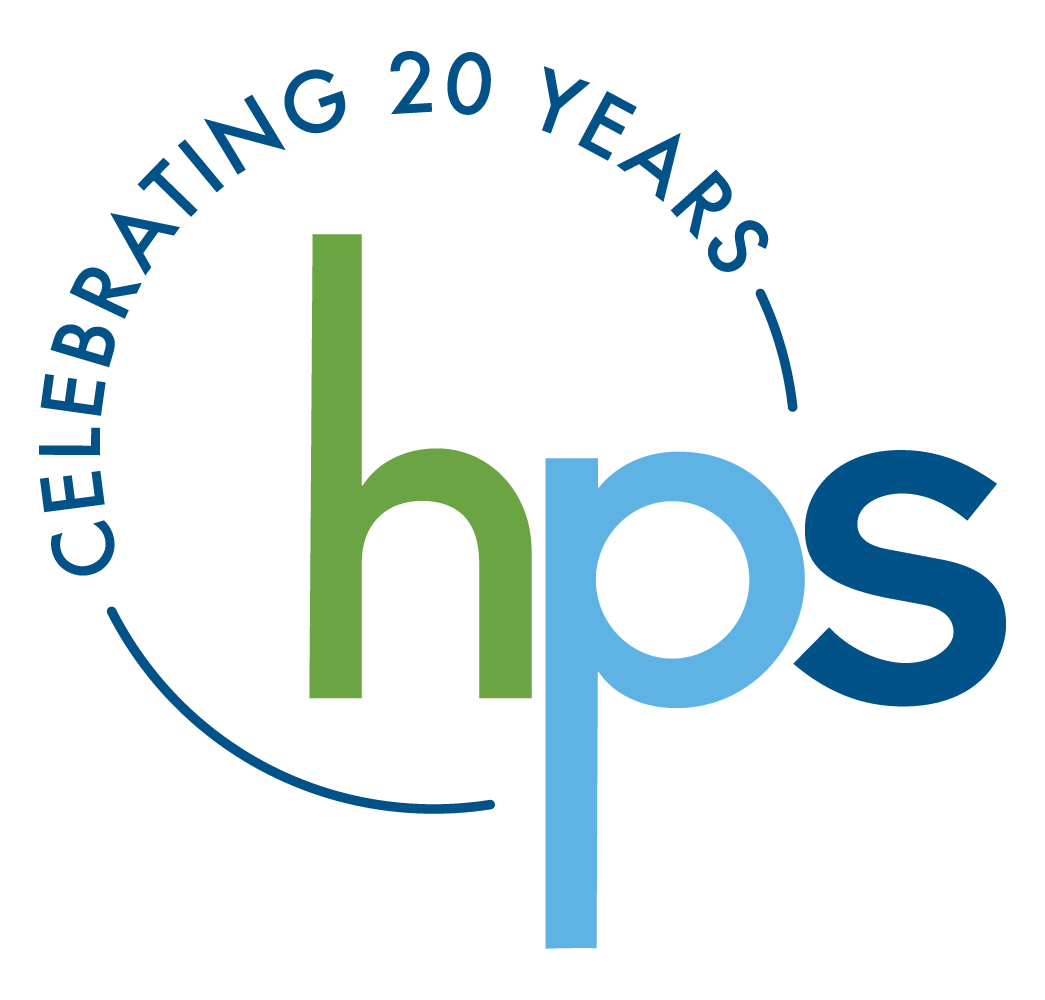AMA Discharge - Things to Know
AMA Discharge - Things to Know
Residents leaving a facility against medical advice creates a tricky liability situation for skilled nursing providers. Hall Prangle & Schoonveld (HPS) Partner Elizabeth Neidig recently spoke with Caralyn Davis of the American Association of Post-Acute Care Nursing (AAPACN) to identify the key ways in which a facility can protect itself from liability stemming from an “AMA” discharge. Below is an overview of that conversation that Elizabeth wrote. Click here to read the entire conversation on AAPACN.com (membership required).
It is important to remember that an alert and oriented resident has the right to refuse treatment, even if that means leaving a facility against medical advice. The code of federal regulations specifically includes this right at 42 CFR 483.10, and Appendix PP of the State Operations Manual provides guidance for handling an AMA situation at F551. The goal of everyone in an AMA situation, including the staff, doctors, the resident and family members, is to ensure that the resident is given the best chance for success after leaving the facility.
Generally speaking, in an AMA situation, a lawsuit will arise when a resident experiences a negative outcome or occurrence after leaving the facility. The resident or their family will argue that the facility did not properly advise the resident of the risks involved with leaving against medical advice, did not explain why staying at the facility was in the patient's best interest, and/or did not provide appropriate discharge instructions.
The best defense for the facility will be to show that ample measures were taken to prepare the resident for their transition away from the facility.
Facilities must maintain timely documentation, providing detailed discharge instructions (even though this documentation will most likely be prepared in a shortened timeframe).
Nursing staff, attending physicians and social services staff should record progress notes regarding their conversations with the resident and family members as close to the time of departure as possible.
In the notes, staff should be sure to identify the specific individuals involved by name to assist the facility's defense should a lawsuit arise. A copy of the discharge instructions and referrals that were provided should also be kept.
Finally, keep in mind that a generic "Against Medical Advice" form with "refused to sign" handwritten in by staff will almost certainly not protect a facility from claims that the family was inadequately educated on the risks of leaving against medical advice.
The best defenses to lawsuits begin well before claims are made and complaints are filed. At Hall Prangle and Schoonveld, we actively work with our industry partners to ensure that our clients are in the strongest position to defend against claims, including those that arise from AMA situations.
Disclaimer: This publication is not intended to provide legal advice but to provide general information on legal matters. Transmission is not intended to create and receipt does not establish an attorney-client relationship. Readers should seek specific legal and/or medical advice before taking any action with respect to matters mentioned in this publication. The attorney responsible for this publication is Elizabeth Neidig. This post constitutes a form of attorney advertising as defined by some state bar associations.


